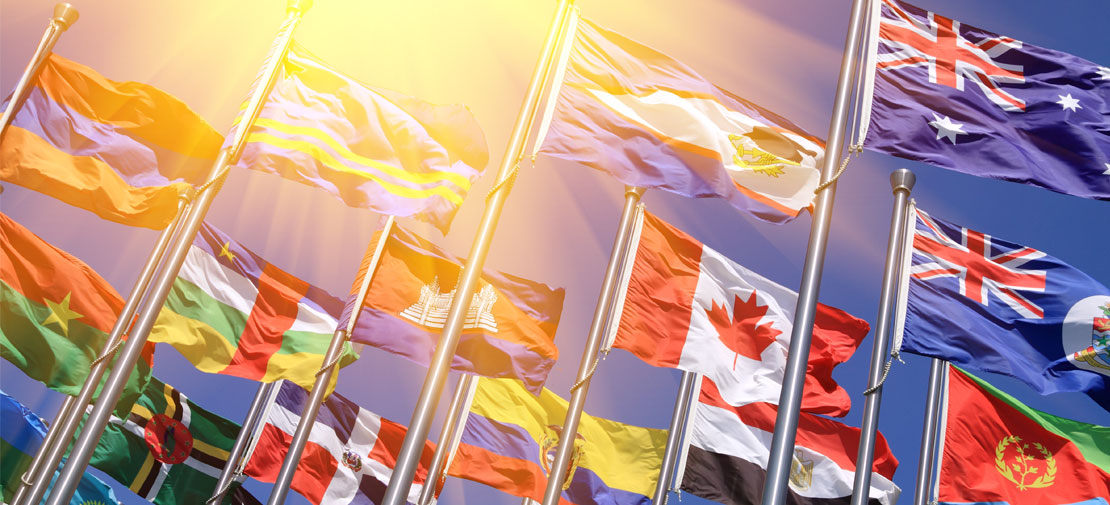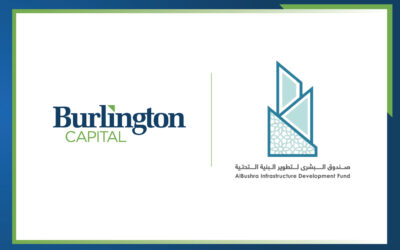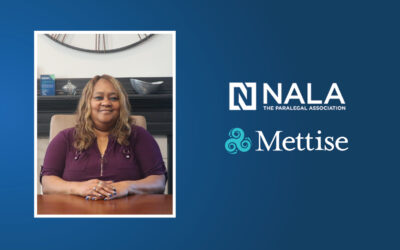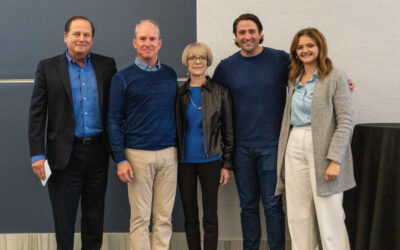Burlington Capital International got its start in the 1970s when Michael Yanney was asked by the U.S. Secretary of Agriculture Earl Butz to introduce American agriculture to Anatoly Dobrynin, the Soviet Ambassador to the United States.
At the time, Mr. Yanney was primarily involved in banking through the ownership of rural banks in Iowa and Nebraska., Nonetheless, his network of farmers and other rural bankers enabled him to connect with some of the largest and best farmers in Nebraska and Iowa. He was able to tour some of those farms with the then Ambassador Dobrynin and in that process formed a lasting relationship with the Ambassador. As a result of that visit, through an exchange of information and ideas, the Soviet government then invited Mr. Yanney to the Soviet Union to meet with the Ministry of Agriculture to review and discuss starting an agricultural project in the Soviet Union.
Mr. Yanney agreed to a soybean production test plot project in which he would engage US ag experts to produce soybeans in southern Russia. In that effort, he was able to engage the Universities of Nebraska and Iowa State , as well as John Deere and Pioneer Seed Company. In total, they were given 24,000 acres of land to do -soybean trials. The three-year trials were successful and proved to the Soviet government that soybeans could be raised on that territory.
Through the strong relationships that were established between Mr. Yanney and the Soviet government, the company did several additional agriculture projects during the height of the Cold War, including an irrigation contract with Valmont Industries and a cranberry production project in the Belarus region. Through his hard work, dedication and business skills, Mr. Yanney established a strong and reliable deal making reputation in the region.
During the late 1980’s, the former Soviet Union started to collapse and communism was waning. Gorbechev was in power and was trying to create the Glasnost period where people would be open to new ideas. Because of the economy crashing and burning, Mr. Yanney stopped doing deals during that period, but managed to maintain the relationships he had made due to his networking strengths.
Managing Director of Burlington Capital International Bob Peyton had been working as Executive Vice President of Conagra International in Eastern Europe. Conagra had been looking at the former Soviet Union market as a potential growth market for a broad base of food products. Mr. Yanney and Mr. Peyton met while putting together a poultry project in Russia. Peyton’s experience with Conagra evaluating the Russia poultry industry, flour milling and meat processing became a great base for the next collaboration and partnership with Burlington Capital International.
In 1994 Mr. Peyton and Mr. Yanney , with the support of Delphos International, secured an Overseas Private Investment Corporation (OPIC) guaranty for their investors to form a private equity investment fund. Mr. Yanney invited Mr. Peyton to run the fund that became Agribusiness Partners International. Through the fundraising help of New York-based investment banker Hypo-Veriensbank- they were able to successfully develop the fund..
With the OPIC guaranty and Mr. Yanney’s connections as an investment banker, Burlington Capital was able to raise $100 million. Although it was a highly risky time to be involved, it was a low point in the economy. -Valuations of Russian businesses were very attractive. Under Mr. Peyton’s and Mr. Yanney’s direction, they hired an investment team in Moscow which enabled the fund to develop and review many agribusiness deals, including food, food processing and the broad spectrum of agriculture, with the exception of farming.
Mr. Yanney followed the edict of a popular Warren Buffet-practice–He looks at a lot of pitches before he swings at one. The group looked at more than 600 investment deals during their time, but in the end invested in eight developing businesses in the region, including the poultry company Chicken Kingdom, RASKO, a glass bottling company and FoodMaster International, a dairy company. These covered a broad sector of food and agribusiness. Many of those businesses are still alive and functioning today.
The 1998 Russian financial crisis (when the ruble went from four to one) was a hard hit to the Russian banking industry. But because of Mr. Yanney’s sound business management principles of not having any hard currency accounts in Russian Banks, Burlington Capital did not lose any money as a result of that devaluation. OPIC insured up to 75% of investor capital against any business, political or devaluation risk so the downside risk to investors was also well covered.
The creation of those businesses was the starting point for the International division. Eventually, all of those investments were exited during 2004-2007. Chicken Kingdom was one of API’s most successful investments as the initial capital of $22.5 million returned $130 million to the fund over the life of the project.
Those early experiences and successes in Russia served as the foundation for the international growth and development of the company. The focus of the international team has broadened through its history of successful partnerships and now spans over 26 countries.
There are many spinoffs, including the development of Cantera Partners, a group that accesses U.S. commodities (either through surplus initiatives or food aid programming) and distributes it to areas of the world in need. Cantera got started in this space by aligning itself with the Aga Khan Foundation. The Aga Khan Foundation had developed a school feeding initiative for Afghanistan and Tajikistan in which Cantera monetized US surplus milk powder through its dairy in Kazakhstan and delivered UHT milk to drop points in Afghanistan and Tajikistan where the Aga Khan distributed this UHT milk to 75,000 students on a daily basis for three years.
Since this first program, Cantera Partners has worked with numerous large and small non-governmental and not-for-profit organizations in pursuing US Government Food Aid programs. Over that time Canters Partners has secured roughly more than $150 million in US government funding for its clients in Africa, Central Asia, Southeast Asia and the Former Soviet Union.
Looking at the investment side of things, International creates businesses that are specifically directed toward opportunities and can do so because the team has years of experience and has made great connections in the industry, as well as knowing the basics of the agribusiness industry. An example of these, Burlington Capital International developed a High Oleics (HO) initiative with Dow Seeds in Moldova and Romania. Burlington Capital International served as the supply chain manger in bringing the HO seeds into the country, provided agriculture advisory services during the planting, farming and harvest and ultimately brought in the major food producers that have the demand for the HO product.
Burlington Capital International proudly continues to create investment and economic development opportunities in emerging markets spanning more than 26 countries. Our specialty involves the development, investment and management of a diverse spectrum of businesses in agriculture, agribusiness and commodity monetization.




